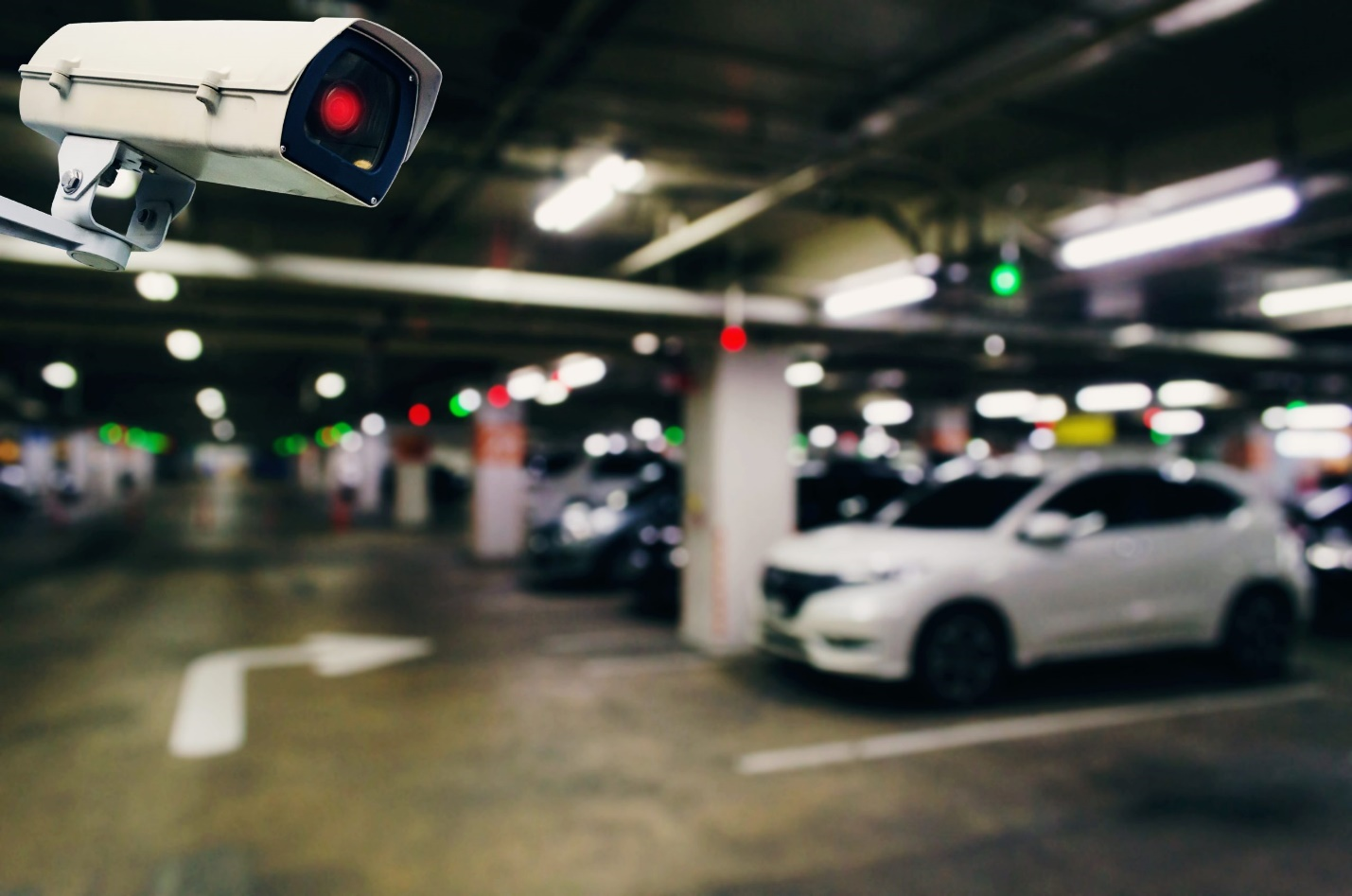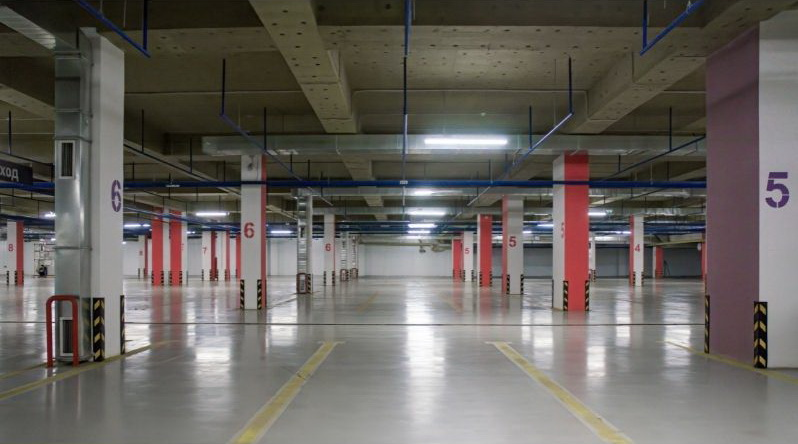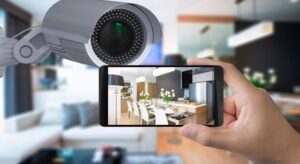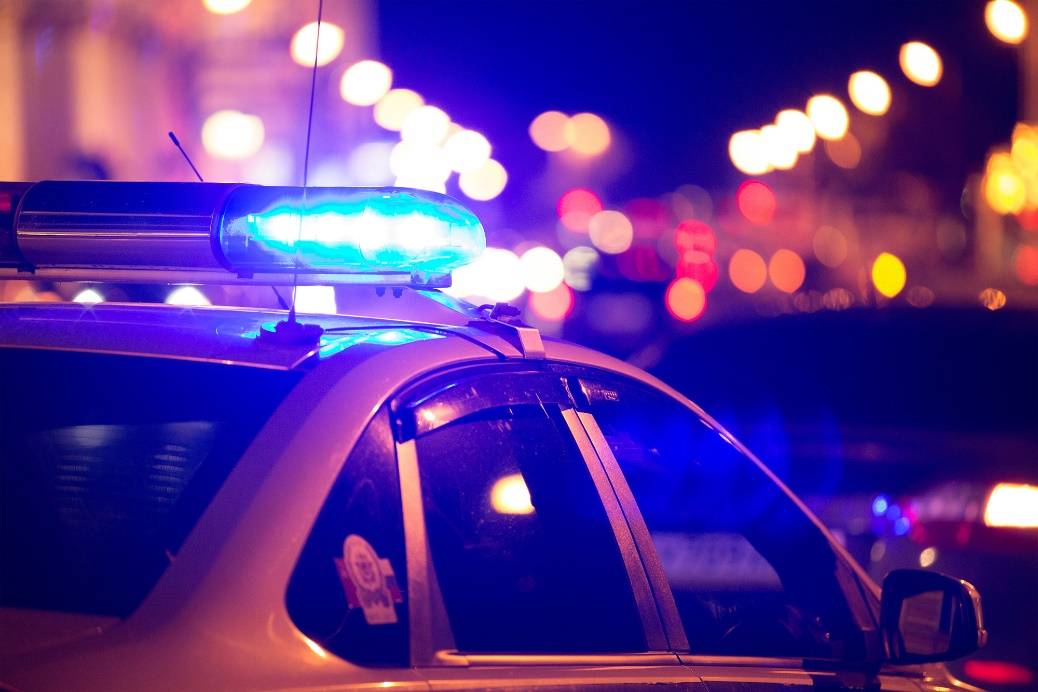Trustindex verifies that the original source of the review is Google. Great company! Great prices and services!Trustindex verifies that the original source of the review is Google. A Game-Changer for Business Security: Peek-A-Boo Cameras is a standout choice for businesses seeking top-notch security solutions. Their knowledgeable team guided us seamlessly through the process, ensuring our premises are safeguarded. With fair pricing and unparalleled dedication to customer satisfaction, Peek-A-Boo Cameras has truly transformed our business's security. Highly recommended.Trustindex verifies that the original source of the review is Google. I was referred to Peekaboo Surveillance by a coworker whos neighbor had a surveillance camera system installed. They were both very impressed by Paul the owner of how he runs his security business from the install to the audio and video quality to having remote access to their system, to explaining how to navigate and operate it. Paul and his employee were done with my install of a 3 camera surveillance system in less than 2 hours with no mess left behind. They even used the same areas where I had my previous cameras mounted and caulked and sealed any holes that were left exposed. What sets Paul apart from others is he gives you many options and recommendations but the choice is up to you with what you want to do in the end with no pressure at all. Paul is also reachable on his phone if you have a question or issue down the road, with text or leave a voice mail and he returns your call or text as soon as he can. He has over 20 years of experience with many happy residential, commercial, and industrial clients that he has built relationships with over the years. I highly recommend Peekaboo Surveillance Inc for your security needs. Honest, affordable, and dependable service.Trustindex verifies that the original source of the review is Google. I can't say enough about the outstanding service provided by Peekaboo Security Cameras. From start to finish, they exceeded my expectations. Their expertise in security solutions is evident in every aspect of their service. They designed a tailored surveillance system for my property, and the installation was seamless. The video quality is exceptional, even in low light. What truly sets them apart is their customer service. They patiently explained the system, were quick to address any questions, and provided remote access for added convenience. I wholeheartedly recommend Peekaboo for their professionalism, expertise, and dedication to customer satisfaction. They've given me peace of mind knowing my property is in safe hands. Thank you, J2 SportTrustindex verifies that the original source of the review is Google. Peekaboo Security Cameras came to my house to give me a quote for installing a Network Video Recorder and three outside cameras. Paul took the time to answer all of my questions in detail, and in a timely manner. Paul is very knowledgeable and friendly. Great company.Trustindex verifies that the original source of the review is Google. Paul is awesome. Very helpful.Trustindex verifies that the original source of the review is Google. Quick and knowledgeableTrustindex verifies that the original source of the review is Google. Great company. Always come out and fix my system when I have issues from animals getting in the wires.Trustindex verifies that the original source of the review is Google. They do a great job, was timely and would use again.Trustindex verifies that the original source of the review is Google. Great company to do business with! Very responsive to request for service.
How Security Cameras in Garages and Parking Lots Prevent - Solve Crimes

Preventing and solving crimes in garages and parking lots has become easier with the help of security cameras. These spaces have always been vulnerable due to the high traffic, dimly lit corners, and vast areas that make surveillance challenging. However, technological advancements allow for better monitoring and protection in these areas.
Parking garages, particularly, have been notorious for muggings and theft, especially at night. With security cameras in place, the risks associated with leaving your car in a parking garage are significantly reduced. These cameras provide real-time monitoring, deterring potential criminals and providing valuable footage for solving crimes that do occur.
For more information on how security cameras in garages and parking lots contribute to crime prevention and resolution, contact Peekaboo Security Cameras in MI today.
Privacy Versus Security
Balancing Privacy versus security has been a long-standing concern when it comes to implementing technology-based security measures in public areas. In
the past, arguments against installing security cameras in places like parking garages and lots were often rooted in a desire to protect personal privacy. As technology has become more ingrained in our daily lives and awareness of crime rates, such as rape and assault, has increased, the need for enhanced security measures has become stronger.
Statistics show that the likelihood of a woman being raped is 10 times higher than dying in a car crash in the US. Additionally, surveys reveal that a significant portion of property crimes occur in parking lots and garages. These factors underscore the pressing need for improved technology-based security solutions in these spaces.

The Power of Security Cameras
Security cameras, also commonly referred to as CCTV or closed-circuit television cameras, are often the best option for use in public spaces where theft, assault, and other kinds of crime are common. CCTV is a good resource because the video can be clear and you can install night vision on the cameras to make sure that crimes at night are not nearly as attractive to criminals. Studies show that crime in car parks has been reduced by 51% when CCTV is installed and warning signs are put up to notify that it is in place in the area in question. Criminals know that they can be readily identified on surveillance video and they are unwilling to take that risk. Even dummy cameras installed in buses and public locations have been shown to reduce crime.
Legal Protection for Lot Owners
As people have grown more accepting of being on camera in public spaces, lot owners are offered the chance to protect themselves from liability. Lots that are not secured with a security camera system often install signs to that effect, thereby eliminating the chance that the lot owner will be held liable for theft or other crime that has been perpetrated on their property. While many lot owners view the relatively low cost to install and maintain a surveillance system as a necessary part of lot ownership, those who cannot afford it are able to reduce the risk of being sued for liability if someone chooses to park in their lot after dark or after the parking lot staff has gone home. For lot owners who have chosen to install a camera system, they are now able to ask for slightly higher parking fees to cover the cost of having security staff on hand to monitor lots at night. This is good for everyone as the quality of the parking lot and garage experience is improved for everyone when theft is deterred.
Security Cameras: Enhance Your Rented Property's Security

•Box Style Cameras: These modular cameras offer customizable lens options and housing choices. They are suitable for both indoor and outdoor use, making them versatile for various settings. While not the most discreet option, box-cameras are ideal for well-lit areas where night vision is not a requirement.
•Dome Security Cameras: Enclosed in a dome shaped housing, these cameras are discreet and suitable for use in large indoor spaces like warehouses. They offer a wider visible range and are ideal for areas where a more inconspicuous camera is needed.
•Pan Tilt Zoom (PTZ) Cameras: These cameras allow for remote control of pan, tilt, and zoom functions, providing a wide coverage area. They are operated from a control room or even a smartphone, making them ideal for monitoring entry and exit points throughout the day.
•Bullet-Style Cameras:
Housed in a cylindrical casing, these cameras often come with infrared LEDs for night vision capabilities. They are ideal for dark areas and provide added light for surveillance purposes, making them a dual-purpose option for security.
•Day & Night Starlight Cameras:
These cameras are designed for 24-hour use and adapt to changing light conditions. They are effective in dimly-lit areas and provide clear images both day and night, making them a valuable addition to well-lit spaces with dark corners.
•ThermalSecurityCamera:
These cameras detect heat to identify objects and people, making them useful in foggy or smoky environments. They work in complete darkness, offering a unique solution for spaces where traditional cameras may face challenges.
Effective CCTV installation tips

How Security Cameras Deter Crime and Aid Law Enforcement
Security cameras are a powerful tool in the fight against crime. While they can’t prevent every incident, they offer significant benefits for both property owners and law enforcement advantage . Here’s how security cameras deter crime and assist investigations:
Enhanced Evidence Collection:
- Facial Recognition: Unlike blurry eyewitness descriptions, security cameras capture clear visuals of a crime’s perpetrator. This facilitates easier identification and apprehension of suspects.
- Accurate Evidence: Security footage provides undeniable video proof of criminal activity, reducing reliance on potentially flawed eyewitness accounts.
Improved Investigation Efficiency:
- Faster Leads: Security footage can provide crucial details about a crime, such as the time, sequence of events, and suspect description. This expedites investigations and leads to quicker arrests.
- Reduced Crime Rates: Studies suggest that visible security camera systems deter criminal activity. The presence of cameras discourages potential offenders, lowering crime rates in monitored areas.
Increased Public Safety:
- Safer Communities: safety and community Security cameras foster a sense of security in neighborhoods and public spaces. This encourages residents to be more vigilant and report suspicious activity, strengthening community safety.
Stronger Case for Prosecution:
- Securing Convictions: In court, security footage Eyewitness descriptions serves as strong evidence supporting witness testimonies. This bolsters the prosecution’s case and increases the likelihood of a conviction.
Investing in a security camera system can be a worthwhile security measure for homes and businesses alike. The benefits go beyond simple deterrence; security cameras empower law enforcement and contribute to safer communities.
Studies also indicate that the reduction of crime through the use of CCTV is also due to an increased feeling of that comes along with efforts to increase security. When people feel safer, they are more likely to report crimes and more likely to take action if they believe that something illegal is going on in their proximity.
